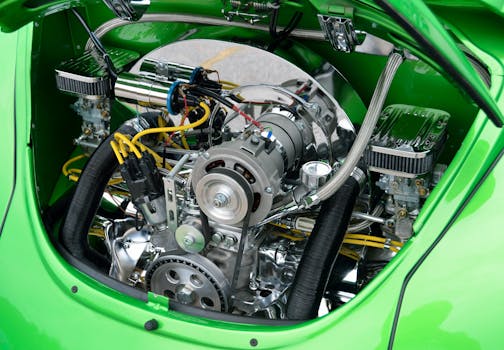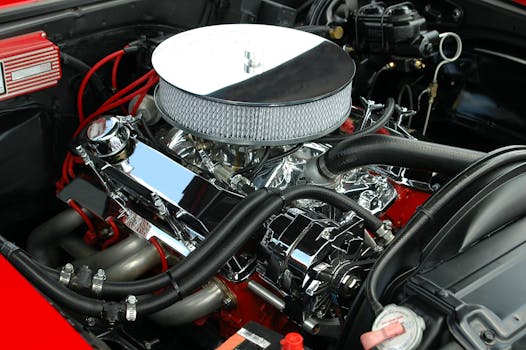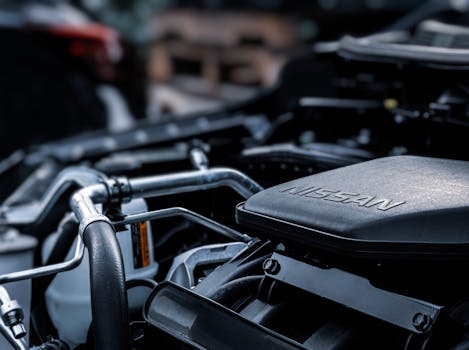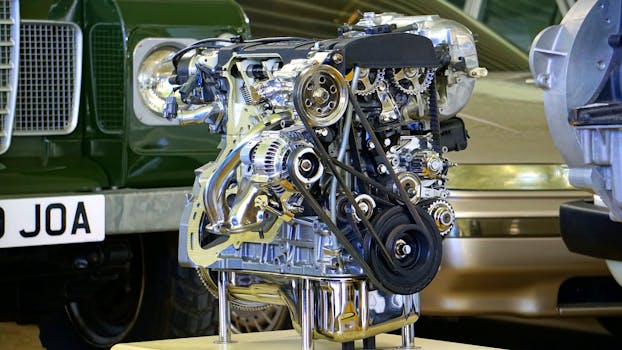
Essential Tips for Maintaining Your Car’s Engine Effectively
Takeaways: Regular maintenance of your car’s engine is crucial for optimal performance and longevity. Key practices include timely oil changes, monitoring fluid levels, replacing air filters, and using quality fuel. By following these tips, you can prevent costly repairs and ensure your vehicle runs smoothly.
Your car’s engine is the heart of your vehicle, and just like any other complex system, it requires regular care and attention to perform at its best. In this article, we’ll explore effective strategies for maintaining your car’s engine, ensuring reliability, efficiency, and longevity.
1. Regular Oil Changes

To maintain your car’s engine effectively, follow these guidelines:
- Check your owner’s manual: Your vehicle’s manual will provide a recommended oil change interval, which can vary based on make, model, and driving conditions.
- Use the right oil: Always use the type of oil specified by the manufacturer, whether it be synthetic or conventional oil.
- Monitor oil levels: Regularly check the oil level using the dipstick. If levels are low, top off with the appropriate oil.
2. Check and Replace Air Filters

To keep your air filter in top condition:
- Inspect regularly: Check the air filter every 12,000 to 15,000 miles, or as recommended in your owner’s manual.
- Replace when necessary: If the filter appears dirty or clogged, replace it to improve airflow and engine performance.
- Consider driving conditions: If you frequently drive in dusty or dirty environments, you may need to replace your air filter more often.
3. Monitor Coolant Levels

To ensure your cooling system is functioning properly:
- Check coolant levels: Regularly check the coolant reservoir, especially before long trips.
- Flush the system: Follow the recommended schedule for flushing the coolant system to remove sediment and contaminants.
- Inspect for leaks: Look for any signs of leaks in hoses and connections, and repair them promptly.
4. Replace Spark Plugs

To maintain your spark plugs:
- Follow replacement intervals: Check the owner’s manual for the recommended spark plug replacement schedule, typically every 30,000 to 100,000 miles.
- Inspect regularly: Look for signs of wear or carbon buildup, and replace them if necessary.
- Use quality spark plugs: Choose the spark plugs recommended by your vehicle’s manufacturer for optimal performance.
5. Use Quality Fuel

To enhance your fuel quality:
- Follow manufacturer recommendations: Use the octane rating specified in your owner’s manual.
- Choose reputable gas stations: Opt for well-known brands that provide cleaner fuel.
- Consider fuel additives: Occasionally using fuel system cleaners can help maintain injector cleanliness and overall engine health.
Conclusion
Maintaining your car’s engine effectively is crucial for ensuring its performance, longevity, and reliability. By following these essential tips—regular oil changes, checking air filters, monitoring coolant levels, replacing spark plugs, and using quality fuel—you can keep your engine running smoothly and prevent costly repairs down the line. Take the time to incorporate these practices into your vehicle maintenance routine, and enjoy the benefits of a well-maintained car.







